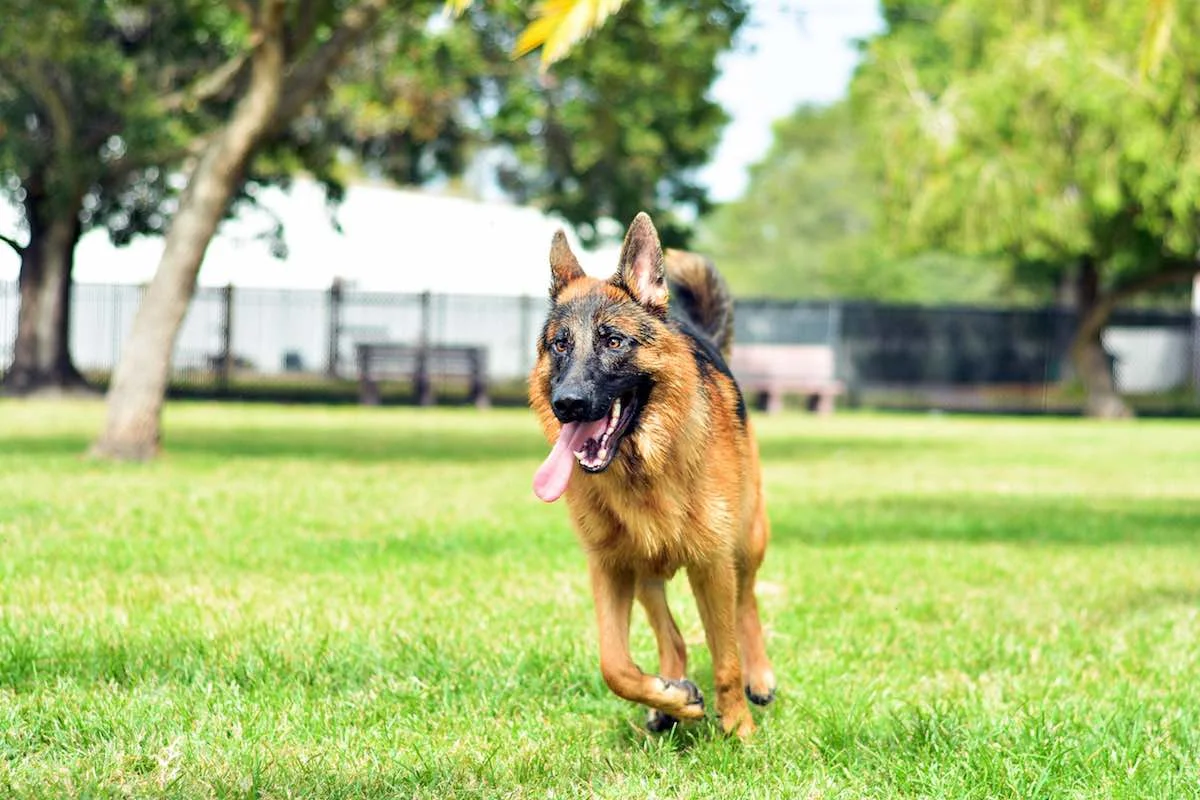
Can dogs and cats be vegan?
Commercial meat-based pet foods are often made from assorted body parts from cows, pigs, sheep, ducks, chickens and fish - animals that cats and dogs never naturally eat. They are also heavily laden with unnatural additives, preservatives and flavourings. Can we really consider this a natural diet?
Furthermore, these meat-based pet foods are more than likely to be composed of ground-up parts of animals that are considered unfit for human consumption. That is animals that are dead, dying, diseased, or disabled.
Some people wonder if it’s unnatural to omit meat from the diet of dogs and cats. However, to feed them meat they would naturally eat, you need to serve them whole mice or birds, or allow them to hunt for themselves - an option that is unfair to native species of birds and other small animals. Companion cats and dogs have essentially been removed from the natural food chain.
Cats, dogs and other species, have requirements for specific dietary nutrients, not ingredients. There is no scientific reason why a diet comprising plant, mineral and nature-identical ingredients cannot be formulated to meet all of the palatability, nutritional and bioavailability needs of the species for which they are intended. In fact a growing number of commercial products are now available, and studies demonstrate that animals maintained on nutritionally sound vegan diets can be perfectly healthy and active.
 Are there any benefits in vegan diets?
Are there any benefits in vegan diets?
Plant-based diets have reportedly been associated with a range of benefits, such as improved coat condition, allergy control, weight control, increased overall health and vitality, arthritis regression, diabetes regression, cataract resolution, and decreased incidences of cancer, infections, hypothyroidism and ectoparasites (fleas, ticks, lice and mites). See the whole article here.
Andrew Knight MANZCVS, DipECAWBM (AWSEL), DACAW, PhD, FRCVS, SFHEA
Veterinary Professor of Animal Welfare and Ethics
